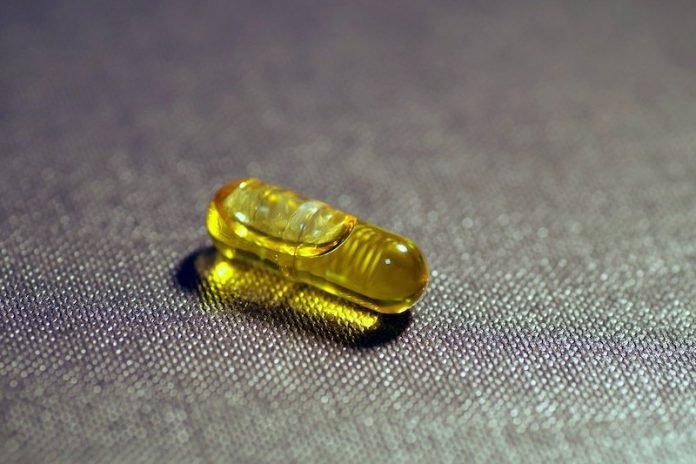
In a recent study published in Seminars in Cancer Biology, researchers found that a good vitamin D status is beneficial both in cancer prevention and in the prognosis of several cancers.
The anti-cancer effects of vitamin D are especially pronounced in the prevention and treatment of colon cancer and blood cancers.
In addition, high vitamin D responsiveness can be linked to smaller cancer risks. Vitamin D responsiveness varies between individuals, affecting their need for vitamin D supplementation.
The finding provides an update on the molecular basis of vitamin D signaling and its role in cancer prevention and therapy.
The study is from the University of Eastern Finland. One author is Professor Carsten Carlberg.
Vitamin D is commonly known for its crucial role in bone health, but the researchers point out it also regulates the immune system, and its anti-cancer effects are mediated mainly by immune cells, such as monocytes and T cells.
According to the review, studies focusing on the effect of vitamin D on different types of cancers provide the strongest evidence of its benefits in colorectal cancer and in blood cancers, such as leukemias and lymphomas.
Vitamin D is important both for the differentiation of blood cells during hematopoiesis as well as adult stem cells in rapidly regenerating tissues, such as the colon or skin.
A too-low vitamin D status leads to an increased risk that these cells are not fully differentiating and start to turn into uncontrolled growing cancer cells.
Even in other types of cancer, such as breast and prostate cancer, a low vitamin D status, measured as the level of 25-hydroxyvitamin D in the blood, has been associated with a higher cancer incidence and a poorer prognosis.
The team says the impact of vitamin D could be shown more clearly if the participants were stratified according to their individual vitamin D responsiveness and the health outcomes analyzed in relation to changes in individual vitamin D status.
For example, 25% of the Finnish population seem to be low responders, needing a higher dose of vitamin D supplementation to reach the full clinical benefit.
In terms of cancer risk, being a high responder can be expected to have a protective effect.
If you care about vitamin and your health, please read studies about vitamin D deficiency may lead to poor muscle function in older people and findings of vitamin D is good for the bones, but what about the heart?
For more information about vitamins and diseases, please see recent studies about too much vitamin D may harm your kidney health and results showing that why older people really need vitamin K.
Copyright © 2021 Knowridge Science Report. All rights reserved.



